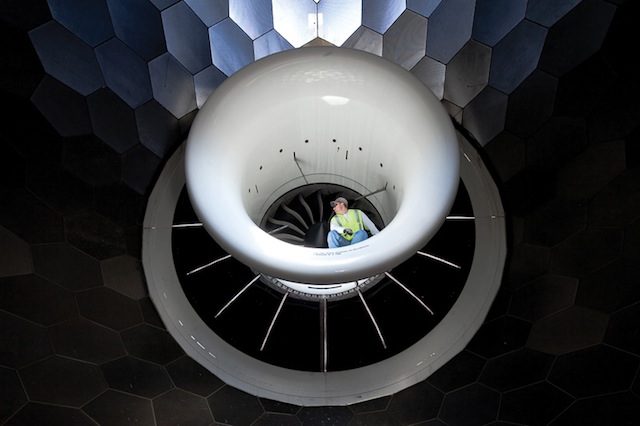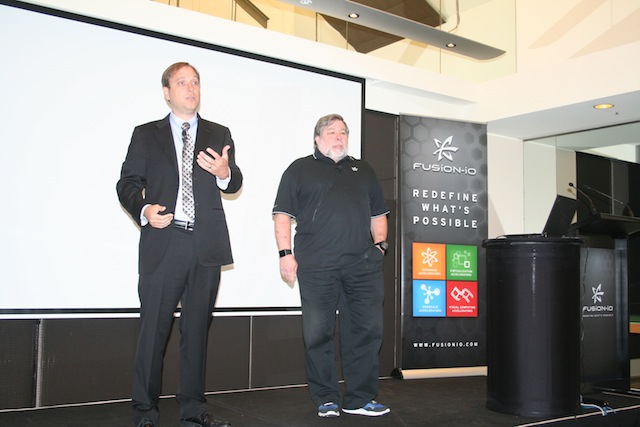“Bringing a knife to a gunfight” describes showing up hopelessly ill-equipped for the task at hand.
Two recent conferences, the massive Dreamforce in San Francisco and the smaller, but still fascinating, Australian Xerocon in Melbourne illustrate just how radically the commercial world is changing and how many business leaders are poorly equipped for today’s times.
In July, the Melbourne Xero Convention bought together 400 Australian partners of the cloud accounting service which showed how how one New Zealand based company is building it’s business through engaging other suppliers who add features to the basic service.
Vend, a Point Of Sale cloud service provider, was one of the companies exhibiting at XeroCon. In the past POS systems have been a pain for retail businesses with most suppliers’ business models being about locking customers into expensive contracts.
With cloud services, the old vendor lock in model dies as stores can use any device they like such as a PC, tablet computer or a smartphone so a business is no longer locked into using an overpriced and often antiquated piece of equipment.
Making the cloud offering even more attractive is that Vend, and many of their competitors, also take advantage of APIs – Application Program Interfaces – built into other services so they can seamlessly change records.
So a shop can make a sale in their physical store and inventory levels will automatically change in the online stores and on services like eBay. If an item is now of stock, the websites are automatically updated to reflect this.
This business automation makes it easier and cheaper to run a business. It’s everything that computer have promised for the last thirty years and is now being delivered through cloud computing services.
At Dreamforce in San Francisco last week, Salesforce.com CEO Marc Benioff showed the 90,000 attendees how these services work on a corporate level with demonstrations from companies as diverse as General Electric, ski company Rossignol, and Australia’s own Commonwealth Bank.
What really stood out with all of these presentations was how each business had made major technology investments that in turn allowed them to deploy modern tools.
The Virgin America Dreamforce presentation was particularly telling. Having just endured a 13 hour United Airlines flight in a plane that had been barely refurbished since 1988 it was clear that the older airline simply didn’t have the hardware to compete with the upstart even if management and staff wanted to.
From both Dreamforce and XeroCon the message has been clear, those legacy managers who won’t invest in new technologies or re-organise their businesses to meet the realities of the 21st Century are simply doomed.
In Australia this sense of doom in the business community is confirmed when MYOB and Google missed their target of giving away 50,000 free business websites as part of their Getting Aussie Business Online program.
Depending on whose figures you use, between 50 and 65 percent of Australia’s 1.7 million small businesses don’t have a website – and websites are last decade’s technology.
Business has moved onto mobile and social platforms, those 800,000 businesses who are yet to move into the new century are roadkill – the competition are just going to run over them.
If you are still struggling with the idea of a website – let alone a mobile site, mobile phone app or social media strategy – then you haven’t bought a knife to a gunfight, you’ve bought a sharpened stick. It’s time to figure out whether you still want to be in business.
Disclaimer: Paul travelled to XeroCon in Melbourne courtesy of Xero and to Dreamforce in San Francisco as a guest of Salesforce.com







